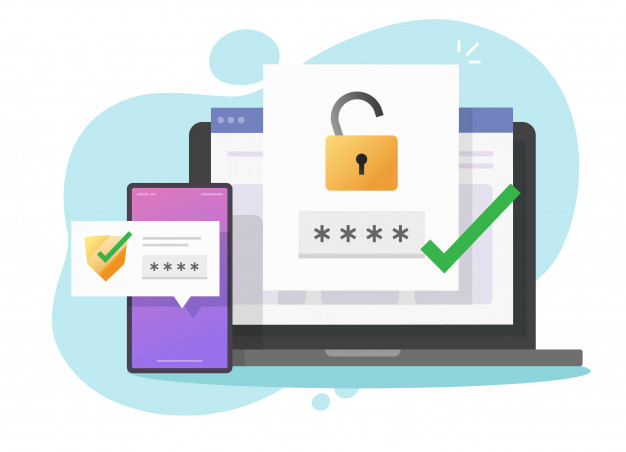Protect your Website from Hackers
If you’re an SMB or an individual, then you need to keep asking yourself “how do I secure my website from hackers” for as long as you keep your website active. The good news is that, while technology changes, keeping your website secure from hackers generally just means applying some common-sense steps and investing in some affordable security tools. Here is what you need to know.
How do I secure my website from hackers?
If you’re asking yourself “how do I secure my website from hackers” then there are six key points you need to take action. Make sure your domain provider keeps your details private. Think carefully about your hosting arrangements. Implement two-factor authentication as much as you can. Maintain robust control over access privileges. Learn about your chosen content management system. Invest in reliable security software

Make sure your domain provider keeps your details private
Depending on your jurisdiction, your details may be kept private by default, or you may have to request for them to be kept private. You might even have to pay a small fee for privacy. If so, then pay it.
Think carefully about your hosting arrangements
In principle, you have three options for hosting. You can self-host, you can use a third-party host and have a private server or you can choose a third-party host and use a shared server. In practice, relatively few SMBs are likely to have the capability (or the desire) to self-host. This means that they need to decide whether or not they want a server all to themselves or whether they can share.
Again, in principle, having a server to yourself is the more secure option, because it eliminates any possibility of someone else’s poor security leading to an attack on your site. In practice, if you choose a reputable hosting provider the chance of this will be extremely low as they will enforce robust logical divisions between customers.
Regardless of which option you choose, you should check out a potential host’s security credentials very thoroughly.
Implement two-factor authentication as much as you can
If you were to ask an expert “how do I secure my website from hackers?”, then implementing TFA would probably be one of their first recommendations. Ideally, you should have TFA not just for your website itself, but also for your host and your FTP/sFTP server.
Implementing TFA is not an excuse for using weak passwords. You still need to use a strong and unique password for anything to do with your website. Also, be aware that TFA can be compromised, especially if you implement it via text message rather than via token. This is still fairly rare but it does happen.
Maintain robust control over access privileges
Internally, you want to minimize the number of people who have access to your website’s back-end and you want to give each of those people the minimum level of access to complete their tasks. Give each of those people their own login (only for as long as they need it) and make it clear that it is theirs and theirs alone i.e. they are not to share it with anyone else, no matter what.
Similar comments apply to user accesses. Remember that any time you allow a user to input something into your website, you are opening a door to malicious actors, so you need to make sure that the door is well-guarded. For most websites, the single, biggest point of vulnerability is file uploads. Ideally, you should avoid using them, but if you do need to allow them, here are some ways to make the process secure.
Stick to a list of permitted file extensions and validate this robustly. Keep uploads to a maximum permitted size. Keep the upload folder outside of the webroot and change the name of the file upon receipt Scan all files for malware and even so never enable any macros.
Learn about your chosen content management system
All websites need some form of CMS. Some companies offer hosting plus a proprietary CMS. These are typically (and accurately) marketed as all-in-one website-building solutions. Most companies, however, simply let you install your own choice of CMS of which WordPress is probably the most popular.
If you’re using a proprietary CMS then the vendor will manage it. If you’re using a stand-alone CMS, then it’s on you to learn about it and manage it securely. In addition to learning about the platform itself, you need to learn about third-party add-ons such as templates, plugins, apps, and scripts. Specifically, you’ll need to find out which ones are both safe and useful for your particular website.
Remember that the more add-ons you use, the more add-ons you have to manage and the more chance there is that you’ll wind up having add-ons fighting with each other. It’s therefore generally best to minimize your use of add ons and pay close attention to keeping them up-to-date, particularly if they are free.
Developers who give away free products do not necessarily keep them updated, which means that they can become a security issue. In that case, you either need to uninstall them or make your own arrangements for them to be updated.
Invest in reliable security software
You want a website vulnerability scanner for your site itself and an anti-malware solution to protect the devices you use to connect to it. These are very affordable and really enhance your website’s security.
Please click here now to have your website scanned, for free, by cWatch from Comodo.
© 2026 Comodo Security Solutions, Inc





